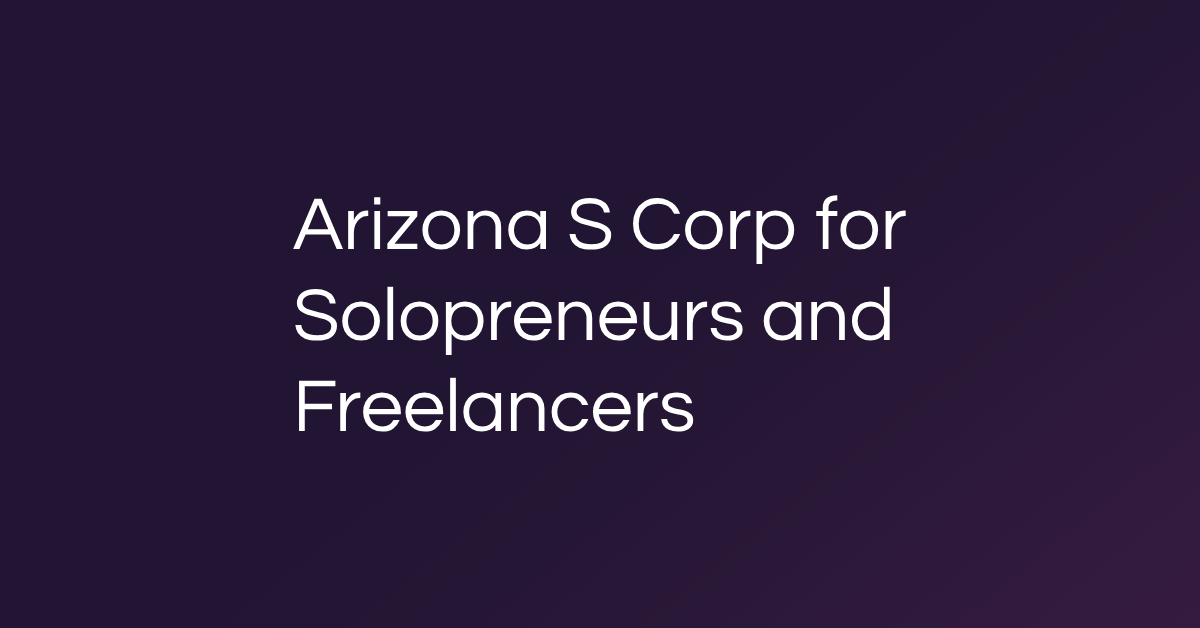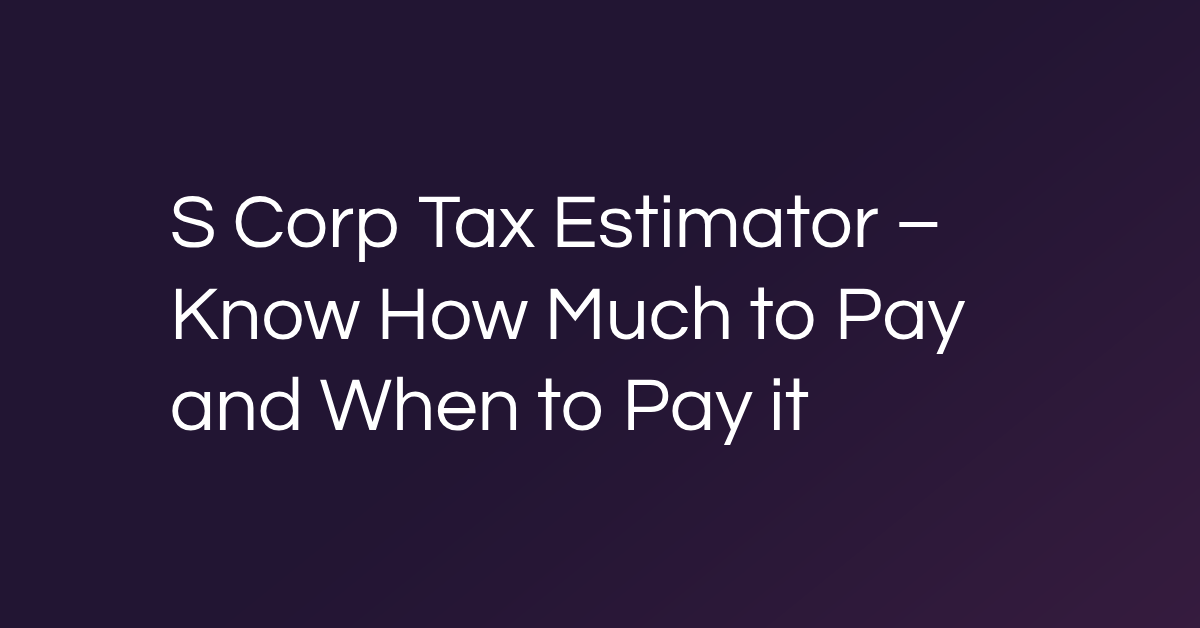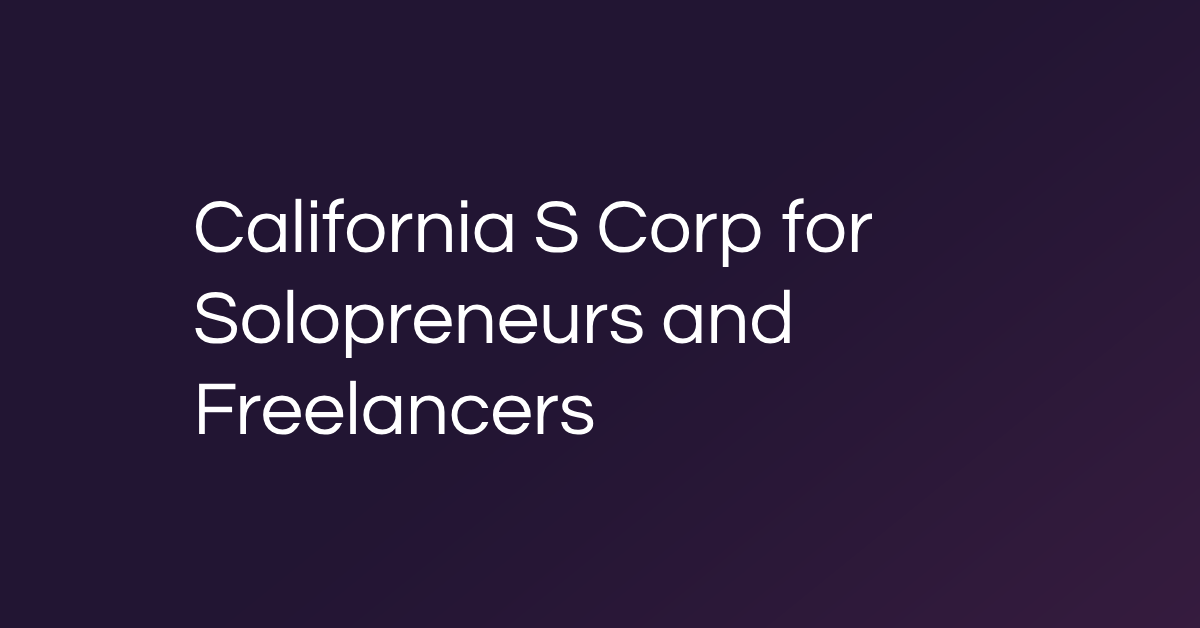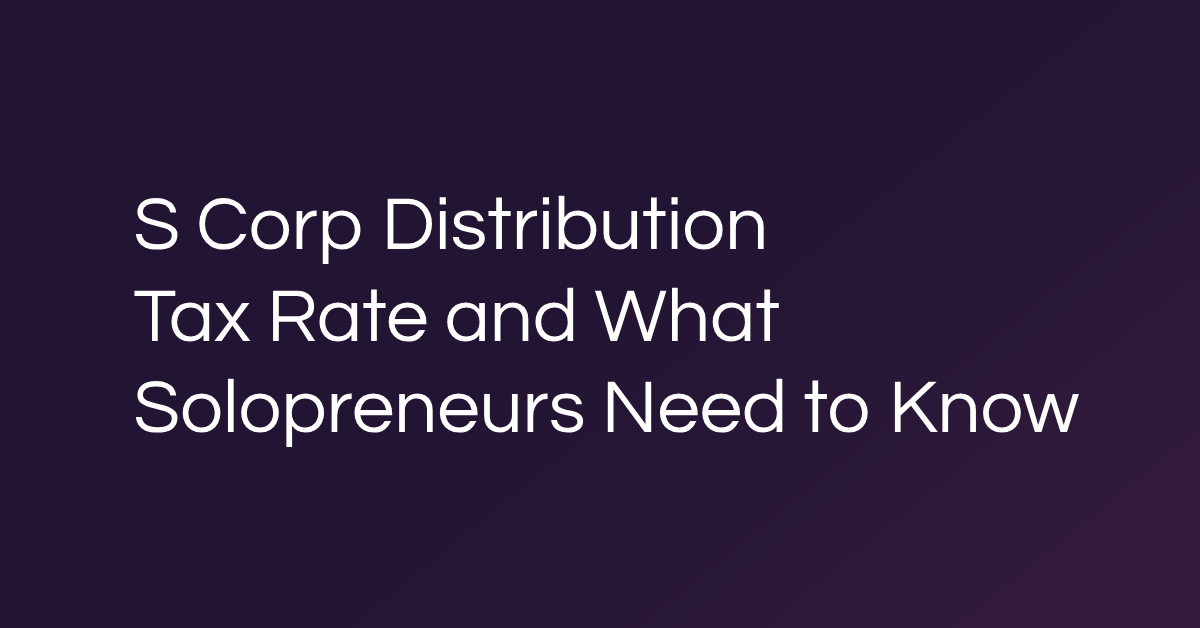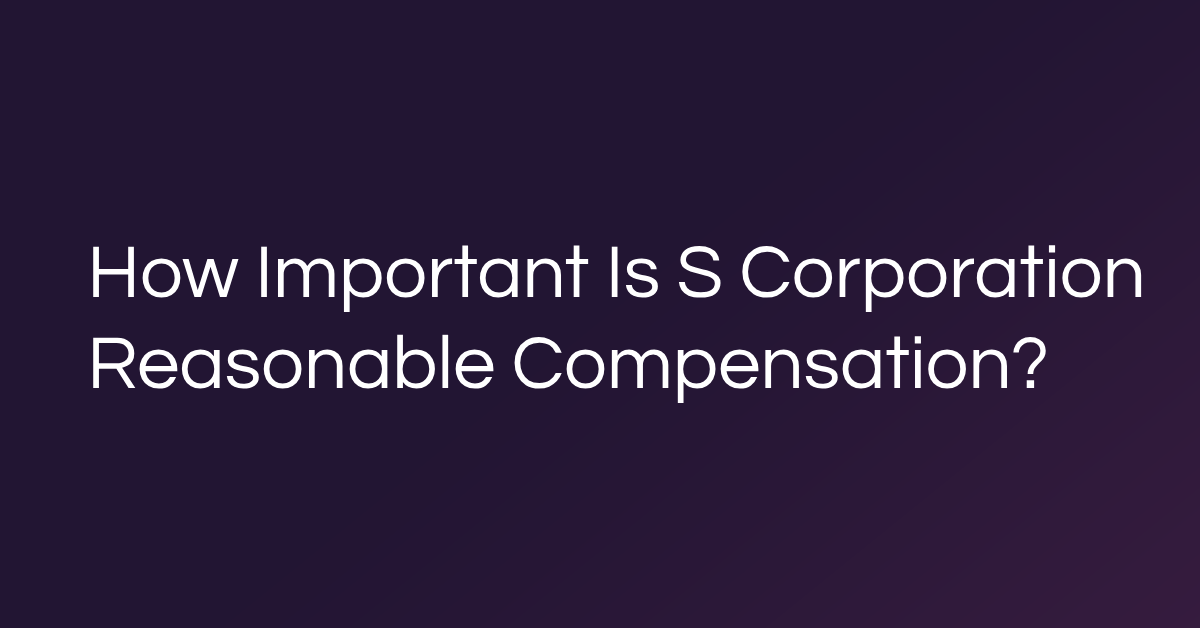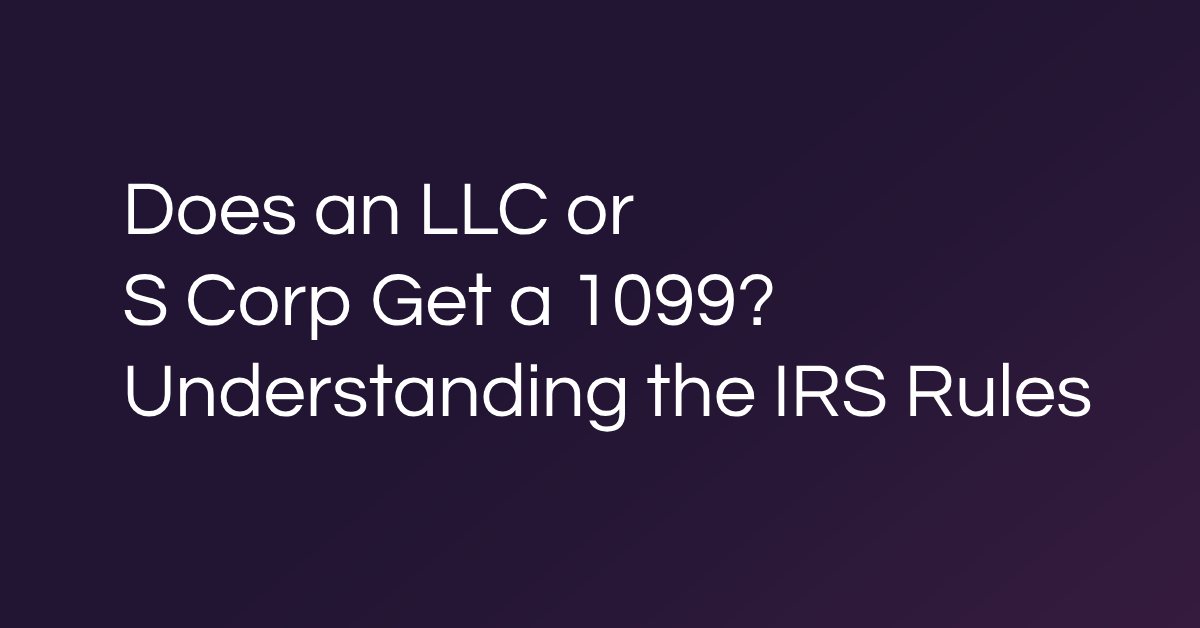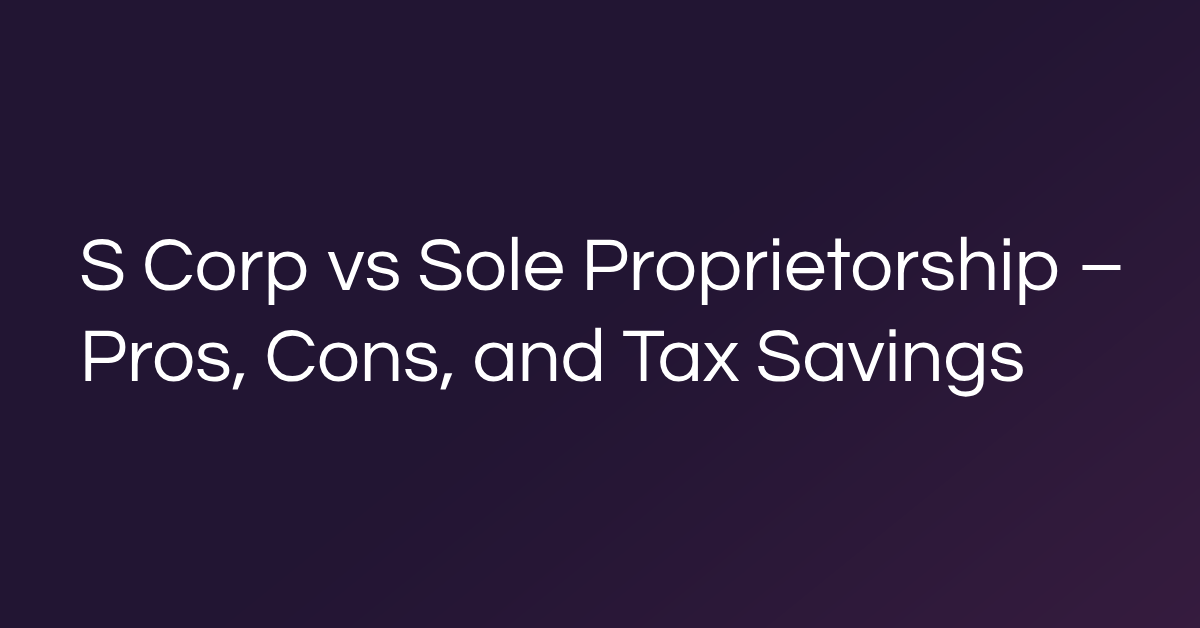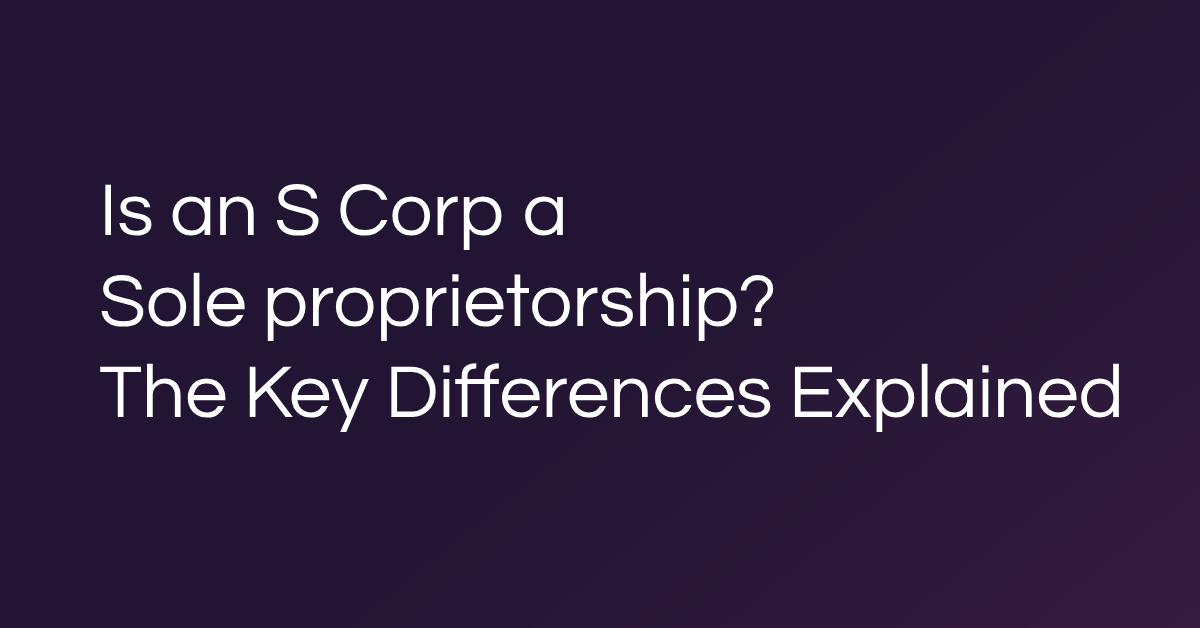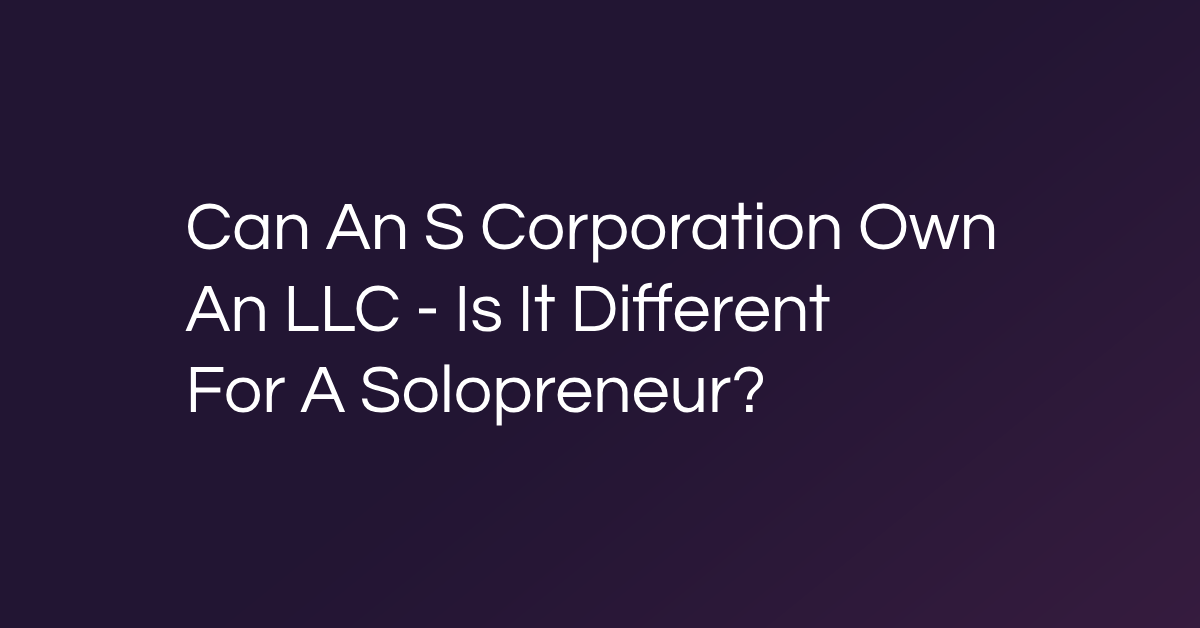For independent professionals and solopreneurs with a single-member LLC or S corp, it can feel overwhelming managing finances and tax forms like the 1099-K . But don’t skip this key step — these 1099 forms are foundational for staying compliant and keeping your business’s finances in order. Get to know the essentials of Form 1099-K and its relevance to S corps and single-member LLCs, including who receives these forms, how they differ from other 1099s, and why expert help from Besolo will streamline your tax preparation and help you avoid IRS penalties.
What is Form 1099-K?
Form 1099-K is a tax document that reports income from card payments and third-party network transactions. The IRS uses it to track electronic payments, including those from credit cards and platforms like PayPal or Stripe. For solopreneurs, this form accomplishes a few core tasks:
- It details the total amount of reportable transactions, which you must include in tax filings
- It helps ensure accurate income reporting and compliance with IRS regulations
- It compiles data from various payment processors to provide a complete picture of business income
- It ensures all electronic transactions are reflected in gross income reporting, supporting accurate financial records
Who receives a 1099-K?
A Form 1099-K is issued to businesses that meet specific IRS criteria, mainly based on transaction volume through payment cards or third-party networks:
- Who receives a 1099-K? Businesses that process over $600 in total transactions annually through third-party networks or payment cards
- Why does it matter? Even if you don’t receive a 1099-K, you must still report all income accurately on your tax returns
- How does it help? Knowing whether you’ll receive a 1099-K ensures you stay compliant with tax regulations and avoid potential IRS issues
Staying informed about 1099-K requirements prepares you for S corp tax season and prevents reporting errors.
Reporting 1099-K income
When you get a Form 1099-K, report the income accurately on your tax returns. The IRS requires that you include all revenue from electronic transactions listed on the 1099-K in your gross income. This means you need to ensure the amounts on the form match your business’s financial records. To stay compliant and avoid issues:
- Verify your records – Ensure the amounts on your 1099-K match your business’s financial records
- Keep detailed transaction logs – Maintaining organized records and accurately tracking your expenses helps reconcile discrepancies and ensures accurate tax reporting
- Perform regular reconciliation – Compare the total income on your 1099-K with your internal accounts to catch any inconsistencies early
- Watch for errors – Any mismatches can lead to IRS audits or penalties, so it’s best to address them promptly
- Seek professional help if needed – A CPA can guide you through accurate reporting, tax compliance, and record-keeping, reducing stress and financial risks (great news — both Solo LLC and Solo S Corp offer onboarding with CPAs and ongoing support from U.S.-based tax professionals)
Combined, these steps ensure compliance, minimize errors, and maintain your business’s financial health.
1099-K vs. other 1099 forms
For small business owners, knowing the differences between Form 1099-K and other 1099 forms helps clarify income reporting for an LLC vs. S Corp. Each form serves a distinct purpose:
- Form 1099-K – Reports income from card payments and third-party networks like PayPal or Stripe.
- Form 1099-MISC – Covers various income types, such as rent and royalties, acting as a catch-all for miscellaneous earnings.
- Form 1099-NEC – Specifically for payments to independent contractors, ensuring these transactions are properly documented.
The main difference lies in the transactions each form reports. The 1099-K focuses on electronic payments, whereas the 1099-MISC and 1099-NEC handle more traditional income and compensation. Knowing which form to use is vital for accurate tax reporting and compliance with IRS rules.
If there’s any uncertainty about which form applies to a transaction, Besolo can offer valuable guidance and keep your business finances on track.
Deadlines for 1099-Ks
Payment processors must send these forms by January 31st, with tax filings typically due by April 15th. Contact your payment processor immediately if you don’t receive your 1099-K on time. Filing on schedule, even without the form, helps prevent fines and keeps your financial records accurate.
The IRS provides an online tax calendar where you can view and download deadlines and actions needed. You can also subscribe to get reminders of the due dates through your email.
Difference between LLC/sole proprietorship and S corps regarding 1099s
Single-member LLCs and sole proprietorships often receive 1099s, such as:
- 1099-MISC for various types of income (e.g., rent, royalties).
- 1099-NEC for payments to independent contractors.
In contrast, S corporations generally don’t receive 1099s for services since the IRS doesn’t require them for corporations. However, exceptions exist, like payments to attorneys or for medical services, which may still require 1099 reporting. A CPA can help clarify these differences and ensure IRS compliance.
Streamline your tax preparation with expert help from Besolo
Grasping the complex details of Form 1099-K helps S corps and single-member LLCs maintain accurate income reporting and comply with IRS regulations. With different 1099 forms serving distinct purposes, knowing which applies to your business is key to filing correctly — and thanks to Besolo, you don’t have to do this process alone.
Besolo’s Solo S Corp platform provides automated tracking, real-time tax insights, and CPA-backed guidance, helping you stay compliant while focusing on growing your business.
Whether you need assistance with 1099-K reporting, tax reconciliation, or overall financial management, our experts are here to help. Get started today and take the guesswork out of your S corp taxes.


